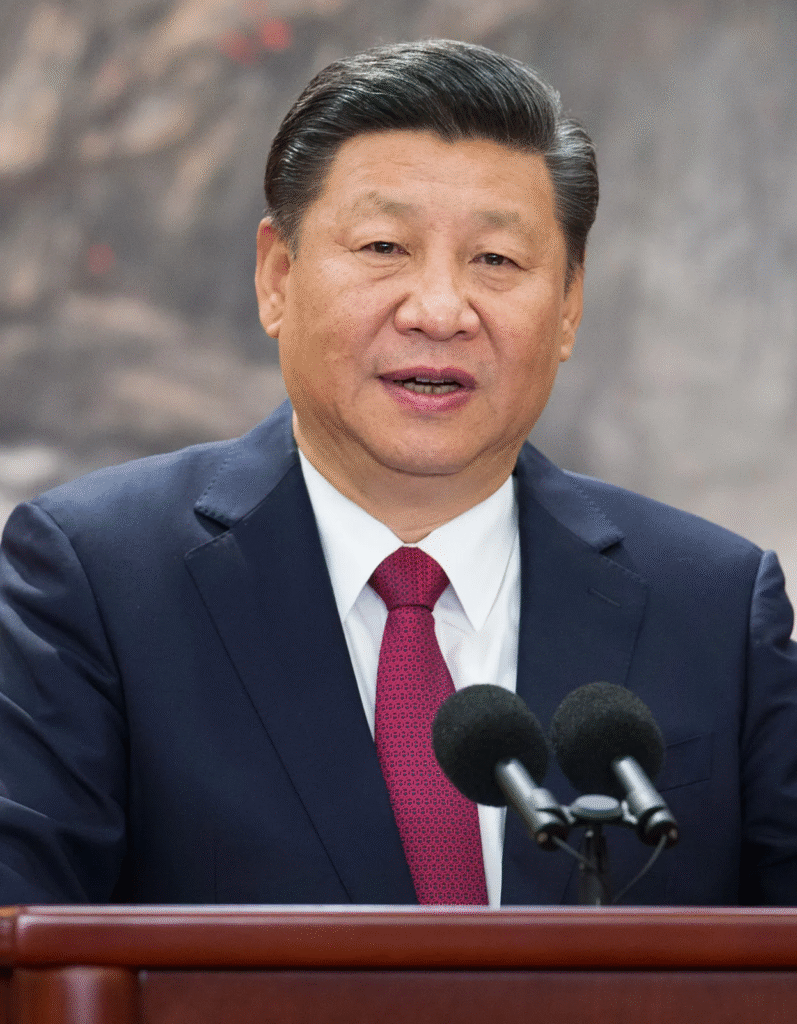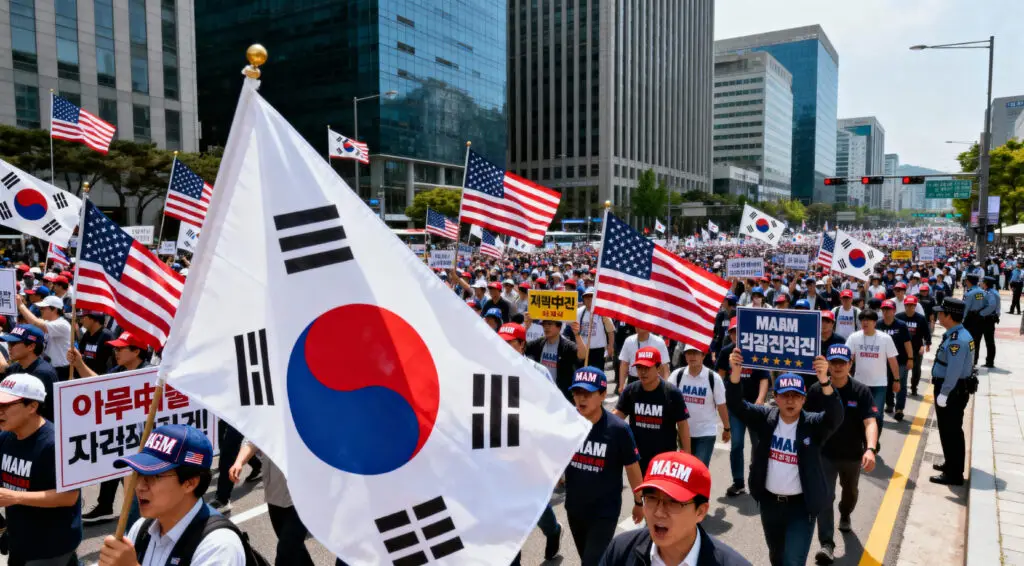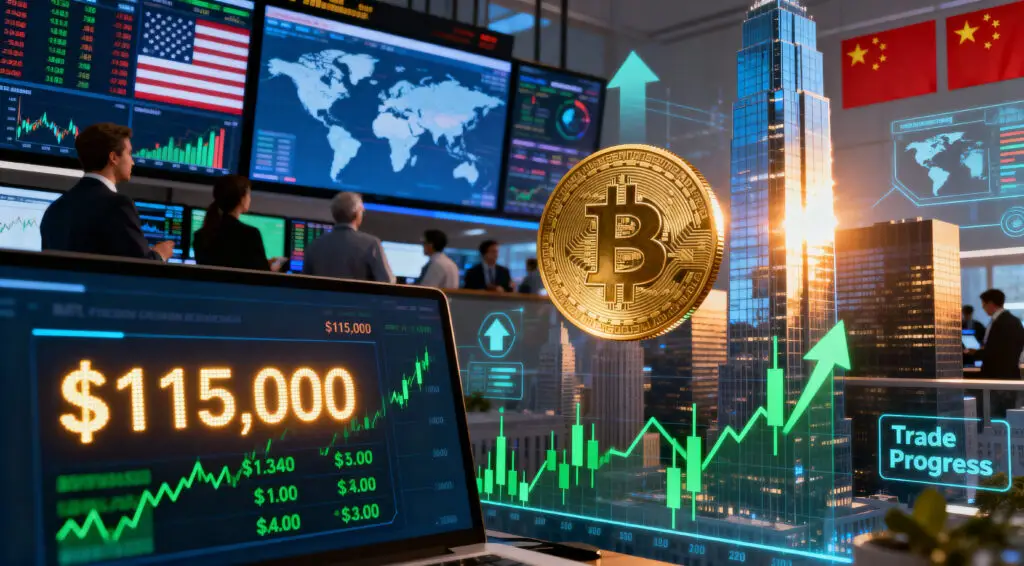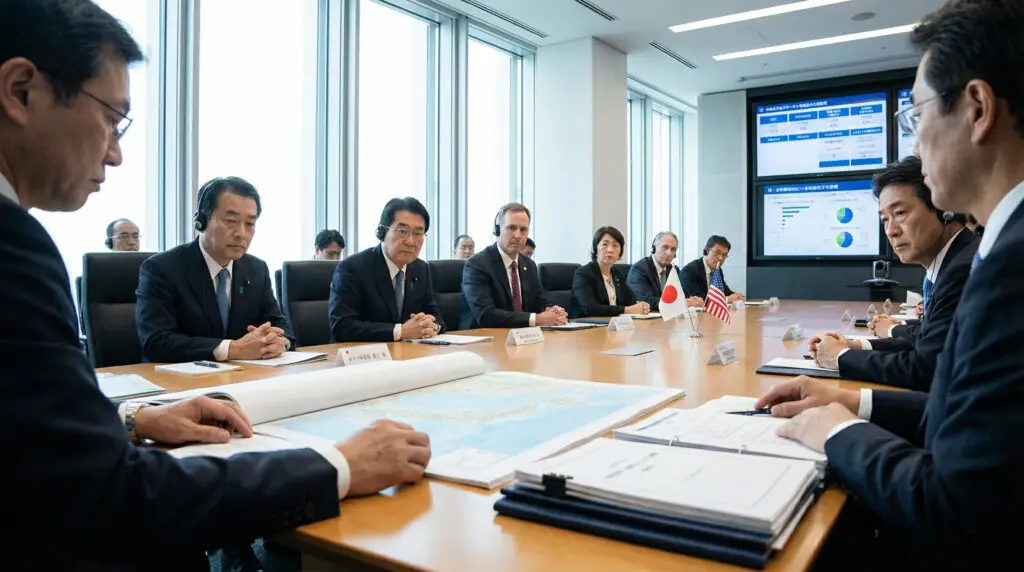Anti-China Protests Escalate Before Xi Jinping’s Visit
On Saturday, thousands of people crowded the streets of Seoul, waving Korean and American flags and shouting, “Korea for Koreans.” A lot of them donned MAGA-style caps and held up signs remembering Charlie Kirk, a right-wing activist who was killed.
The protests got worse only a few days before Chinese President Xi Jinping was set to visit South Korea for the APEC Summit in Gyeongju. This made things harder for President Lee Jae Myung’s administration.

Nationalist Rhetoric Takes Center Stage in Seoul
People who were protesting held placards that said “China Out” and yelled anti-communist chants along with racial insults. The meetings, which were inspired by right-wing populist movements in other countries, have become a regular thing in central Seoul.
President Lee called the protests “self-destructive” and said they hurt South Korea’s foreign reputation and national interests at a time when diplomacy is very important.
Chinese Embassy Issues Safety Warning Amid Rising Tensions
The Chinese Embassy in Seoul recently urged Chinese citizens to be careful after protesters targeted Chinese-owned businesses. Ambassador Dai Bing said that “some media and forces” were propagating false information regarding supposed meddling in the election.
The growing enmity comes after long-running arguments about missile defense systems, illicit fishing, and cultural appropriation. These problems have become hot topics in South Korea’s increasingly divided political scene.
Recommended Article: Southeast Asia Faces Economic Strain From Trump’s Trade War
Right-Wing Movements Fuel Anti-China Sentiment
Experts claim that the rise in protests against China is being fueled by right-wing organizations that mix nationalism with religious conservatism. Freedom University is a new, young organization that is becoming a major organizer and using social media to get people involved.
These younger activists use both anti-communist language and global conspiracy stories, similar to the slogans used in anti-immigration campaigns in the US and UK. Their rallies regularly bring up populist ideas like “foreign infiltration” and “sovereignty.”
Public Anxiety Reflects Broader Economic and Social Strains
Experts say that the growth in anti-China attitude is due to worries about the economy and anger with the younger generation. Many young South Koreans are becoming more open to nationalist stories that blame China as youth unemployment and housing expenses rise.
The East Asia Institute did a poll and found that anti-China feelings went from 16% in 2015 to 71% in 2025. Hannah Kim, a lecturer at Sogang University, stated that these protests “show deeper fears about Korea’s place in the world as US-China tensions rise.”
Harassment of Chinese Communities Prompts Crackdown
Chinese citizens living in Seoul say they are being harassed by demonstrators who want to see ID from individuals in areas like Myeongdong and Daerim-dong. Protesters yelling racist chants went after some shops operated by Chinese people.
Prime Minister Kim Min-seok has ordered that protests near diplomatic locations be more tightly controlled. Since then, authorities have stopped rallies in popular tourist areas, saying that “no foreigner should feel unsafe or unwelcome.”
Government Seeks Balance Between Liberty and Order
The Democratic Party of President Lee has suggested new laws to make it illegal for gatherings to promote prejudice. Supporters say it is an essential protection, but others say it might put free speech and civil rights at risk.
Professor Kim said that democracy’s success “is not measured by the lack of protest, but by how well it handles protest while protecting both freedom and dignity.” But for many people in China, the anxiety is still there.
Chinese Residents Express Fear and Uncertainty
Ji, who has lived in China for 17 years, claimed that “incited and brainwashed narratives” have made her daily existence stressful. Zhang, another lady, said the protests were “regrettable” and “the behavior of an extreme minority.”
As Xi Jinping gets ready to come to the APEC Summit, South Korea is stuck between wanting to protect free speech, nationalism, and stability. Many people in Seoul’s Chinese community are still unsure about what the future holds.























